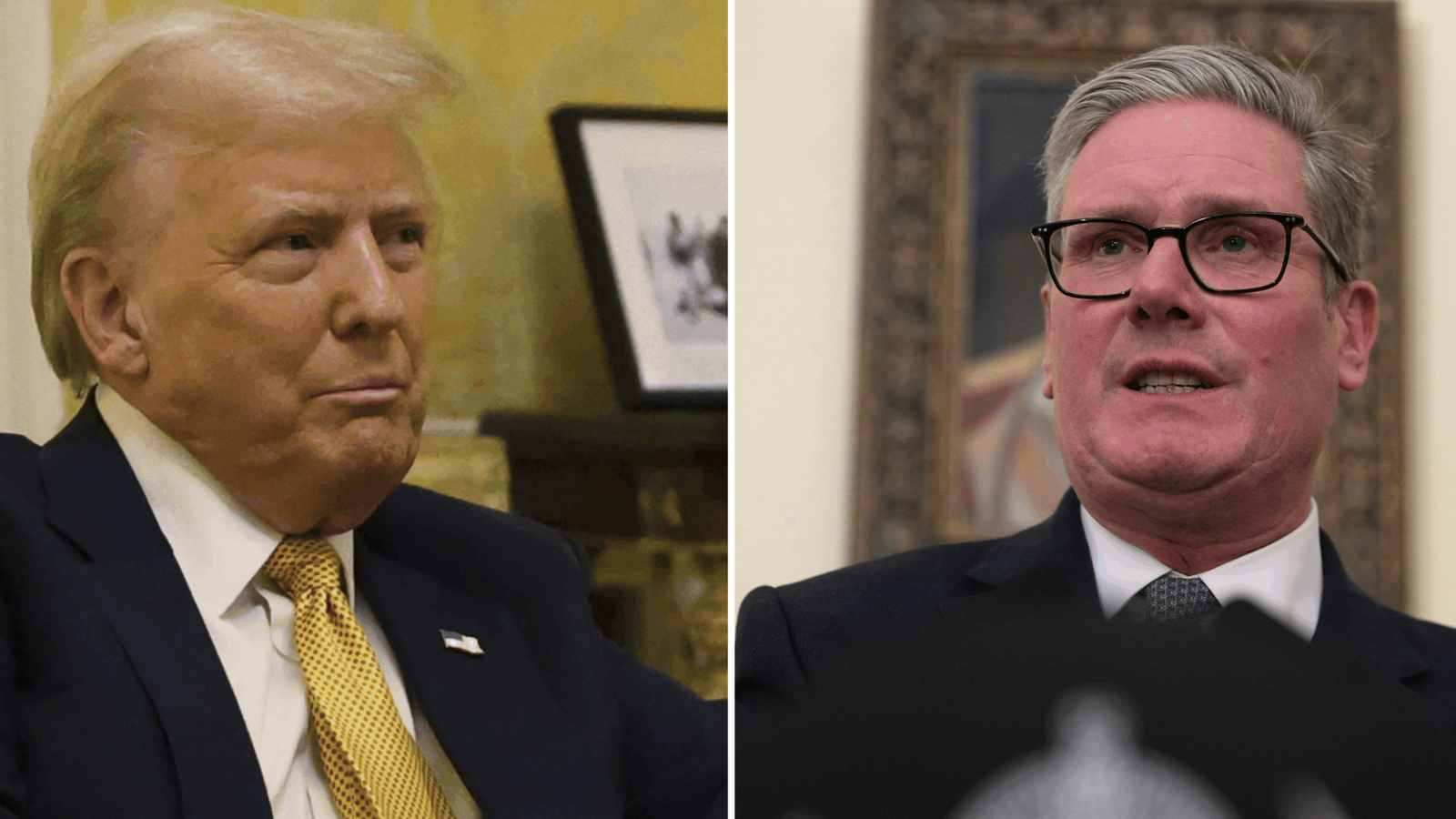Politics
As divisions grow over NATO spending, the UK-US special relationship will do a lot of heavy lifting

Europe’s Call to Action: A Unified Response to Exclusion
In a bold move to assert their relevance on the global stage, European leaders have swiftly convened an emergency meeting, spurred by their exclusion from crucial US-Russia talks on Ukraine’s future. This exclusion has highlighted Europe’s perceived marginalization in shaping global security dynamics, prompting a united response. The meeting, convened by French President Emmanuel Macron, underscores the urgency with which Europe views its role in the evolving geopolitical landscape. By gathering key leaders, Europe aims to demonstrate its commitment to a coordinated strategy, addressing both immediate security concerns and long-term defense posture.
Macron’s Initiative: Rallying European Leadership
President Macron’s rapid mobilization of European leaders reflects the gravity of the situation and the need for a united front. The gathering includes representatives from the UK, Germany, Italy, Poland, Spain, the Netherlands, Denmark, the European Council, Commission, and NATO. This initiative seeks to counterbalance the perceived dominance of US-Russian diplomacy, emphasizing Europe’s autonomy in addressing the Ukrainian conflict. The inclusion of diverse EU and NATO members highlights the collaborative spirit needed to tackle multifaceted security challenges effectively.
A New Era for European Defense: Challenges and Opportunities
The meeting agenda focuses on potential strategies for Ukraine, including future peacekeeping forces and bolstering Ukraine’s military capabilities. While the creation of a new European army, as suggested by President Zelenskyy, seems ambitious, discussions will likely explore practical options for enhanced military collaboration. Central to these talks is the issue of defense spending, with a clear imperative for increased investment to ensure Europe’s security and strategic influence in the face of emerging threats.
Trump’s Push for NATO Reforms and Europe’s Response
President Trump’s call for NATO members to allocate 5% of their GDP to defense has intensified pressure on European nations. While the UK has conceptually supported this initiative, translating it into action presents fiscal challenges. The UK’s current target of 2.5% GDP for defense spending is set to cost £5 billion, prompting debates on funding sources and prioritization within a constrained budget. This financial quandary highlights the broader struggle between fiscal responsibility and strategic security needs.
UK’s Balancing Act: Defense Spending and Political Challenges
The UK’s commitment to increasing defense spending is complicated by internal political dynamics. The Chancellor faces tough decisions on whether to borrow funds for rearmament or impose spending cuts elsewhere. These deliberations occur against a backdrop of historical references, such as Cold War-era defense investments, underscoring the long-term implications of current choices. The UK’s role as a bridge between European and US allies adds layers of complexity to its decision-making process.
Bridging the Transatlantic Divide: A Fraught Relationship
As the UK prepares for high-level meetings with US leaders, including a visit by Sir Keir Starmer to the White House, the transatlantic alliance faces broader societal and democratic challenges. Recent US critiques of European policies on free speech and religious freedom have strained relations. The UK’s role in mediating these differences is crucial, balancing its historical alliance with the US while asserting its European identity. Navigating these complexities requires a delicate approach, ensuring that European autonomy is preserved without compromising US cooperation.


















